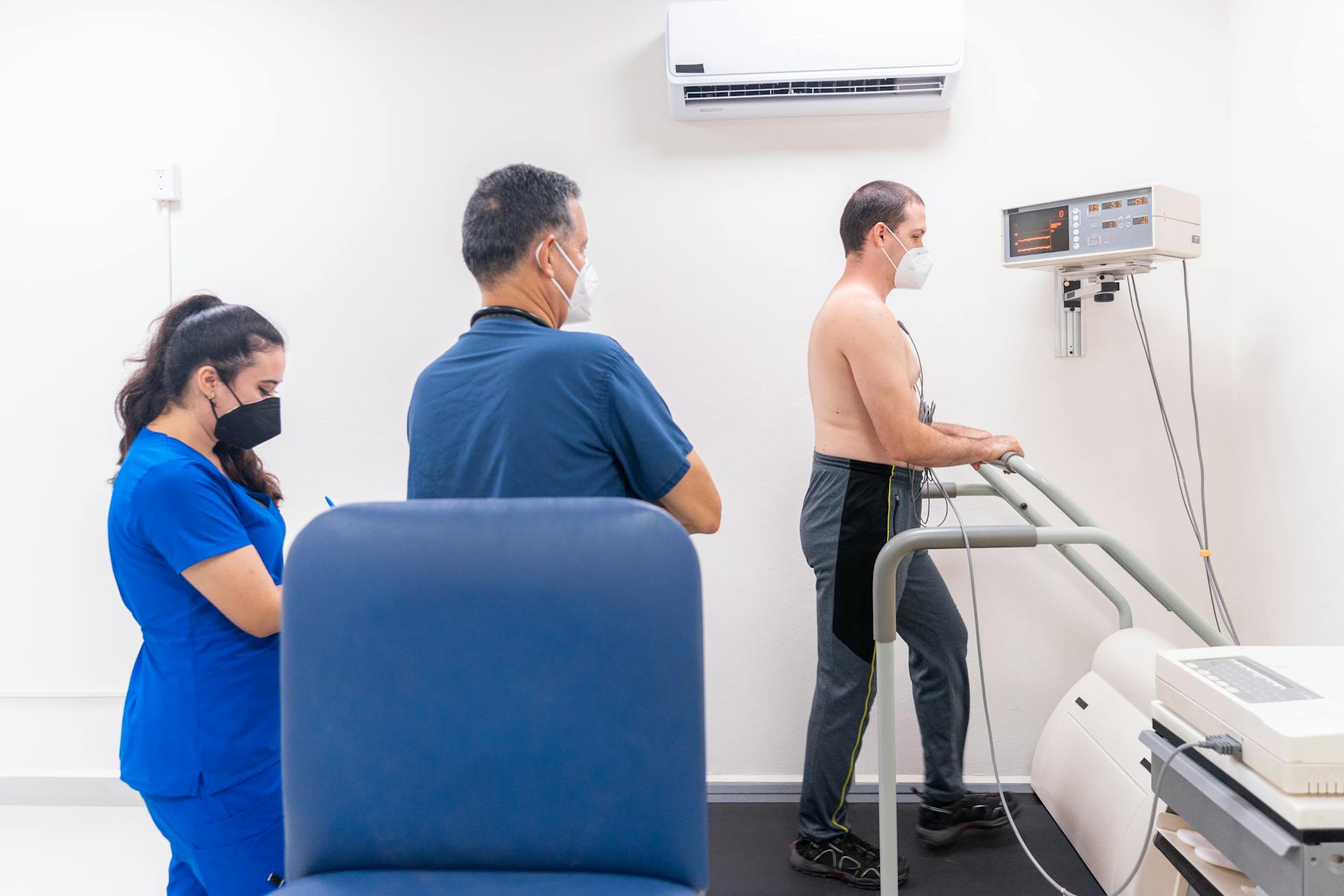In a recently funded study supported by the British Heart Foundation, Professor Charalambos Antoniades and his research team at the Radcliffe Department of Medicine, University of Oxford, conducted a comprehensive analysis of data from over 40,000 individuals who underwent routine cardiac CT scans across eight UK hospitals.
Over a median follow-up period of 2.7 years, participants with significant coronary artery narrowings were found to be more susceptible to serious cardiac events or death. Intriguingly, twice as many patients with no significant narrowings experienced heart attacks and cardiac deaths.
Using a new AI tool, trained using data on changes in the fat around inflamed arteries and information on arterial narrowings, alongside other clinical risk factors, the team conducted further testing on an additional 3,393 patients over 7.7 years. The results demonstrated that the AI tool could independently and accurately predict the risk of cardiac events.
Among individuals without arterial obstructions, those exhibiting the highest levels of inflammation in their blood vessels faced a more than 10-fold higher risk of cardiac death compared to those with lower inflammation levels.
In a pilot initiative, the research team furnished clinicians with AI-generated risk scores for 744 consecutive patients. The outcomes revealed that in up to 45 percent of cases, clinicians adjusted patients’ treatment plans. This suggests that the AI tool holds significant potential in guiding and enhancing the management of patients with chest pain, ensuring the early identification and preventive treatment of those at the highest risk.
The researchers estimate that implementing this technology in the NHS could lead to a reduction of over 20 percent in heart attacks and 8 percent in cardiac deaths and strokes among individuals undergoing the test.
Given that the necessary technology to power the AI tool has already been commissioned by NHS England for a pilot program in five NHS hospitals, the researchers express optimism about its potential nationwide implementation in the near future.

Leave a Reply